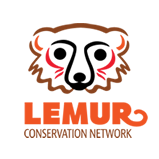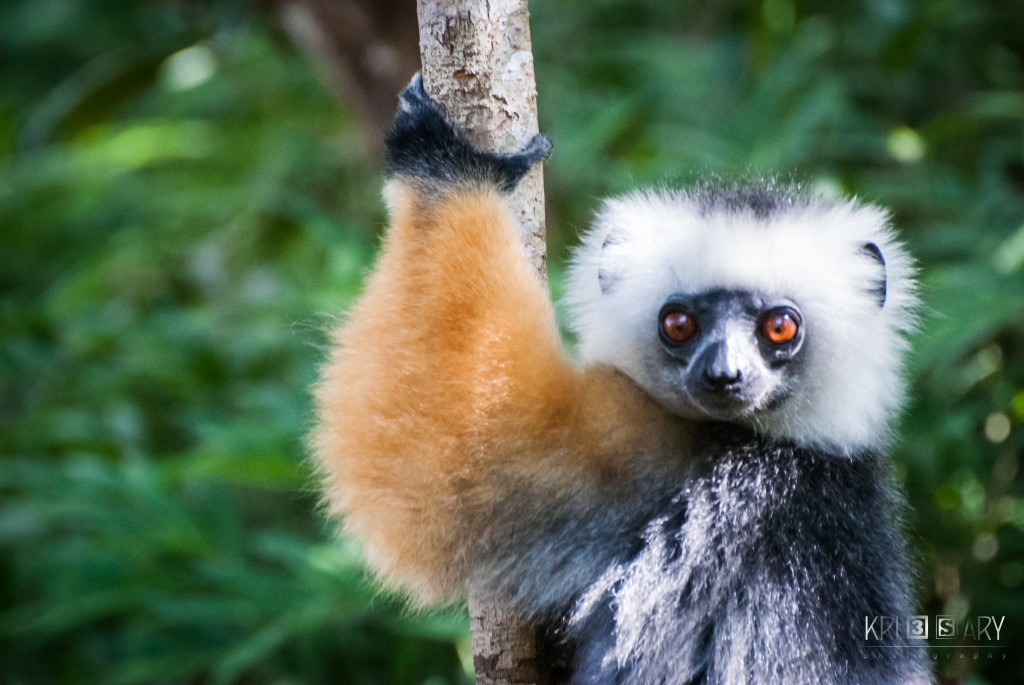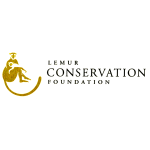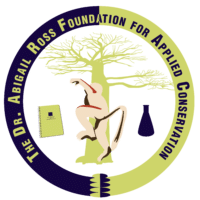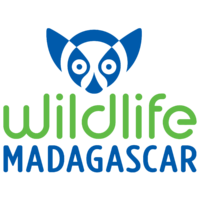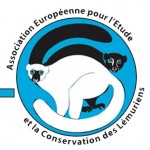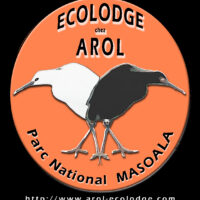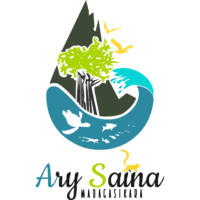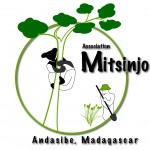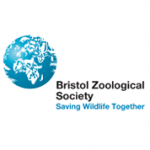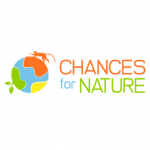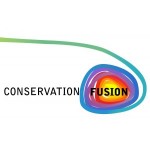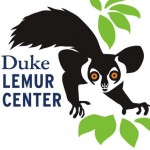Narrow conservation organizations and research groups by lemur species, what they do, and where they work in Madagascar.
- Lemurs they support
- Conservation work
- Community support
- Location
-
ADES
Supporting Member of LCNADES has 3 programs that work to reduce the demand for wood as a cooking fuel: efficient stoves, environmental education, and reforestation. These programs provide low-cost and sustainable solutions to counteract economic and environmental issues related to deforestation in Madagascar.
-
Lemur Conservation Foundation
Supporting Member of LCNThe Lemur Conservation Foundation is part of the Species Survival Plan through managed breeding at their reserve in Florida. In Madagascar, they support education programs and a tourist and research camp in Anjanaharibe-Sud Special Reserve, home to silky sifakas and indri.
-
The Dr. Abigail Ross Foundation for Applied Conservation (TDARFAC)
Supporting Member of LCNTDARFAC’s mission is to solve critical conservation problems by cultivating new approaches with innovative techniques and applications through the support of community-led initiatives. We focus on building capacity, amplifying voices, and partnering with local communities.
-
Wildlife Madagascar
Supporting Member of LCNWildlife Madagascar seeks to address Madagascar’s biodiversity crisis by integrating wildlife conservation programs with community development. They conduct scientific studies, provide habitat protection, and partner with local communities in training, resource use, and enterprise to create lasting and sustainable change.
-
AEECL
AEECL conducts community-based conservation in the Sahamalaza Peninsula in northwest Madagascar, including fire prevention, education, reforestation, and capacity building for ecotourism.
-
Ala Buissonnière
Ala Buissonnière inspires, educates, and feeds children in Madagascar through teaching programs and the cultivation of a botanical garden.
-
Arol Ecolodge
We develop sustainable tourism and run an ecolodge near Masoala National Park, where we support the community school and conduct reforestation to support northern bamboo lemurs.
-
Ary Saina
Ary Saina is a group of Malagasy conservation biologists conducting scientific research and working with communities in the Ihofa Forest and Ranomafana National Park.
-
Association Mitsinjo
Association Mitsinjo was created in 1999 by the residents of Andasibe village, and manages the forest station at Analamazoatra Special Reserve.
-
Association Tantelygasy
Association Tantelygasy supports the protection and reforestation of the forest of central Madagascar near Ambositra. Their innovative programming includes eco-tourism, beekeeping, and promoting the development of local handicrafts.
-
Bristol Zoological Society
Bristol Zoological Society works in the Sahamalaza peninsula of northwestern Madagascar to protect the remaining populations of the critically endangered blue-eyed black lemur and Sahamalaza sportive lemur.
-
Centre ValBio & the Institute for the Conservation of Tropical Environments
ICTE and Centre ValBio focus the world’s attention on Madagascar’s lemur crisis through targeted research, conservation, and capacity building. Their research station at the edge of Ranomafana National Park enables long term research and collaboration with the local community.
-
Chances for Nature
Chances for Nature works with local communities to sustain natural resources through outreach, education and capacity building in small villages in rural Madagascar.
-
Conservation Fusion
Conservation Fusion conducts education programs with communities in northern (Antsiranana), eastern (Alamazaotra and Kianjavato), and southern Madagascar (Lavavolo).
-
Duke Lemur Center
The Duke Lemur Center (DLC) advances science through interdisciplinary research on lemurs at its living laboratory in North Carolina. The DLC SAVA Conservation project conducts conservation through environmental education, community development, and research in northeast Madagascar.
